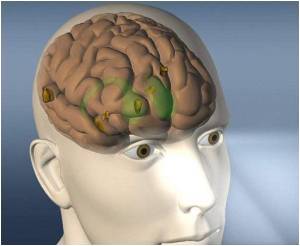Scientists have bolstered the link between Parkinson's disease and the loss of cellular powerhouses called mitochondria after conducting a painstaking analysis of more than 400 brain tissue samples.

In recent years, evidence has been mounting that damaged mitochondria contribute to the neurological damage wrought by the disease.
For the latest study, neurologist Clemens Scherzer of Harvard Medical School in Boston, Massachusetts - lead author on the current study - and an international consortium of researchers began by profiling patterns of gene expression in diseased versus healthy brains.
The team gathered data from roughly ten times more samples than had ever before been analysed in a single Parkinson's disease study, says Scherzer, allowing his team to conduct a more sensitive sweep of gene
expression changes.
The trawl through millions of data points yielded ten gene sets not previously associated with Parkinson's disease. All are involved in mitochondrial function and energy generation.
Advertisement
That, says Scherzer, suggests that PGC-1a-activating drugs might stave off the damage to the brain caused by Parkinson's disease.
Advertisement
But a related drug called Actos (pioglitazone) has not been firmly linked to heart attack and remains in use. Beal says that a clinical trial to test Actos in patients with Parkinson's disease has already been approved by regulators.
The gene expression analysis will be a valuable tool for future research, says Asa Abeliovich, a neurologist at Columbia University Medical Center in New York.
However, it is still unclear whether the PCG-1a pathway is specifically suppressed in Parkinson's disease, or if that suppression is just a consequence of the widespread mitochondrial damage that is provoked when neurons become damaged, he adds.
The study has been published in Science Translational Medicine1.
Source-ANI









